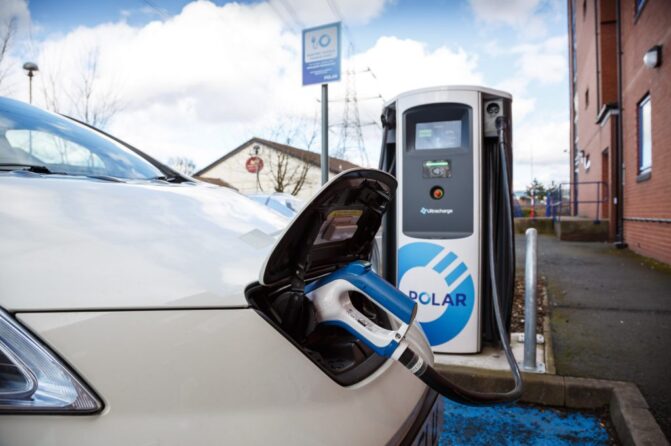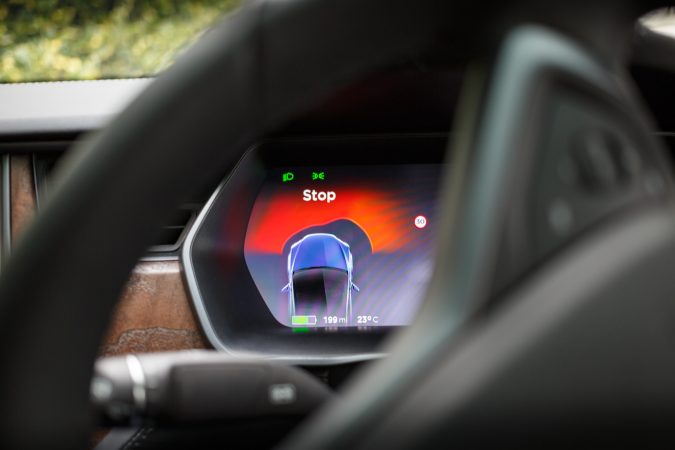The future of fleet management is accelerating at an impressive speed, driven by the relentless advancement of technology. As we navigate the highways of innovation, the landscape of vehicle management and logistics is being redefined, reshaping how businesses operate and influencing environmental outcomes. This journey into the future of fleet management reveals a path where efficiency meets sustainability, all steered by technology. Let’s dive into the six pivotal shifts propelling the industry forward, exploring how each contributes to a more connected, efficient, and greener future.
Connectivity and Real-Time Data: The Backbone of Modern Fleet Management
In fleet management, connectivity, and real-time data revolutionize how vehicles are monitored, maintained, and managed. The advent of telematics, GPS tracking, and IoT-enabled devices has given fleet managers unprecedented visibility into their vehicles’ operations. This connectivity allows real-time tracking of location, speed, and even driver behavior, enhancing safety, efficiency, and cost savings.
The analysis of this data paves the way for predictive maintenance, where issues can be identified and addressed before they lead to costly downtimes. As we delve into the significance of these technological advancements, we encounter the role of electric vehicles in a greener future, where integrating these technologies improves operations and contributes to environmental sustainability.
Autonomous Technology: Steering Towards Safety and Efficiency
Integrating autonomous technology into fleet management signals a transformative shift toward safety and operational efficiency. Autonomous vehicles, equipped with advanced sensors and AI, promise to reduce human error—the leading cause of road accidents. This technology also offers the potential for optimized routing, decreased fuel consumption, and increased hours of operation as restrictions on driver hours are circumvented. As fleets gradually incorporate semi-autonomous and fully autonomous vehicles, the industry stands on the cusp of a major evolution, where safety and efficiency are significantly enhanced through technological innovation.
Electrification of Fleets: Powering a Sustainable Future
Electrification is charging the future of fleets, offering a sustainable alternative to traditional fuel-powered vehicles. The shift towards electric vehicles (EVs) is driven by the need to reduce carbon emissions and reliance on fossil fuels. Electrification presents numerous benefits, including lower operating costs, reduced maintenance requirements, and the promise of a cleaner environment. As more businesses recognize the long-term savings and environmental impact of electrification, the transition to electric fleets is gaining momentum, marking a pivotal moment in pursuing sustainability within the industry.
Fleet Vehicles: The Electric Revolution
At the heart of the transformation in fleet management lies the adoption of electric vehicles (EVs), heralding a new era of efficiency and environmental responsibility. The transition to electric fleet management is not merely a trend but a significant move towards reducing operational costs and minimizing fleets’ carbon footprint. Electric vehicles offer the dual benefits of lower fuel and maintenance expenses and the advantage of supporting renewable energy integration.
As businesses adopt EVs, the infrastructure for charging stations and maintenance support is expanding, facilitating a smoother transition. These efforts culminate in electric fleet management, a concept that stands as a testament to the industry’s commitment to innovation and sustainability. The transformative impact of EVs on fleet management sets the stage for a future where efficiency and environmental stewardship drive progress.
Advanced Analytics and Machine Learning: The Brain Behind Smarter Decisions
Applying advanced analytics and machine learning in fleet management turns data into actionable insights, driving smarter decisions. To optimize fleet operations, these technologies analyze vast amounts of data from various sources, including vehicle diagnostics, driver behavior, and traffic patterns.
Predictive analytics can forecast maintenance needs, reducing downtime and extending vehicle lifespans. Moreover, machine learning algorithms continuously improve route planning and fuel efficiency, ensuring fleets operate at their peak efficiency. The role of these technologies in making informed decisions cannot be overstated, as they empower fleet managers with the tools to improve performance, safety, and cost-effectiveness.
Green Logistics: The Route to Sustainability
Green logistics represents a comprehensive approach to making fleet management more sustainable. Beyond the adoption of electric vehicles, this entails the implementation of strategies aimed at reducing environmental impact. Green logistics encompasses many initiatives, from optimizing routes to reduce fuel consumption and emissions to adopting eco-friendly driving practices and renewable energy sources.
The commitment to sustainability within fleet management is not just about compliance with regulations; it’s a strategic choice that benefits businesses, society, and the planet. As technology continues to evolve, it provides the means to achieve these goals, ensuring that the future of fleet management is efficient and environmentally responsible.
The headlights of technological advancement illuminate the road ahead for fleet management. As we embrace these changes, the role of technology in steering the future of fleet management becomes increasingly clear, promising a journey that is not only innovative but also responsible. The journey ahead is exciting, and the possibilities are limitless with technology as our compass.


